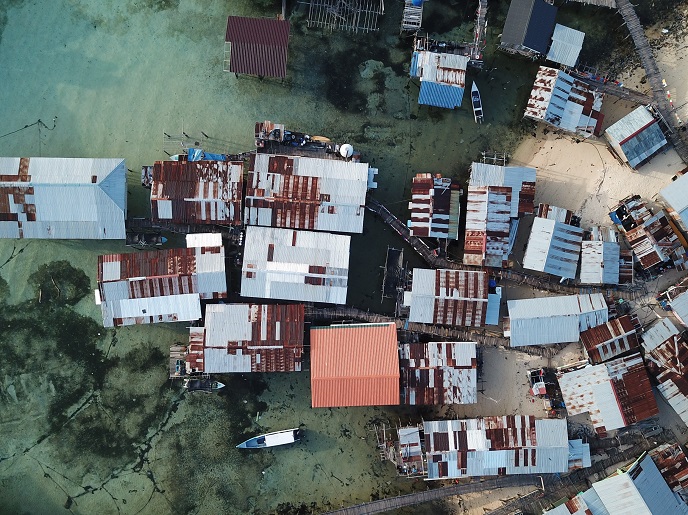More rice with less water
Growing rice requires large amounts of water, which may come from groundwater; in coastal areas, groundwater depletion may cause seawater infiltration and groundwater salinisation. The current solution is visual judgement of salinity and manual introduction of diluting irrigation water, resulting in water wastage. The EU-funded project 'Smart on-line water salinity measurement network to manage and protect rice fields' (SMART-PADDY)(opens in new window) aimed to develop an automatic salinity sensor system. The planned wireless sensors measure salinity using electrical conductivity, and transmit their data via a communications module to a central server in real time. The data allows rice growers to manage and protect their rice paddies, and to reduce water consumption. Project members began with defining the needs of the rice-growing industry in terms of technical specifics of the probe, including electrical sensitivity and operating environment. Their experiments also established that water salinity can be measured using both pulse wave excitation and electrical impedance spectroscopy. Both methods were combined in the project's solar-powered sensor. Based on the initially defined requirements, the consortium developed the online wireless system, which was then optimised regarding power consumption. The sensors and wireless network were combined into a single unit, and the whole system underwent extensive laboratory and field testing at four sites. The project achieved its aims. The unit has been demonstrated to work in harsh environments, and includes a novel means of detecting the fouling that could affect salinity readings. The equipment has been shown to provide data of equal or better quality compared to handheld devices, while also allowing remote monitoring. Hence, the system has a proven ability to manage salinity in rice crops, and therefore to increase yield. The system will be patented, and its method of measuring electrical conductivity may have other applications. SMART-PADDY outcomes will boost the international competitiveness of European rice farmers and industries related to the supply of rice. In addition, the technology may offer opportunities to export to other major rice-growing countries, and for wider applications of electrical conductivity measurement.







